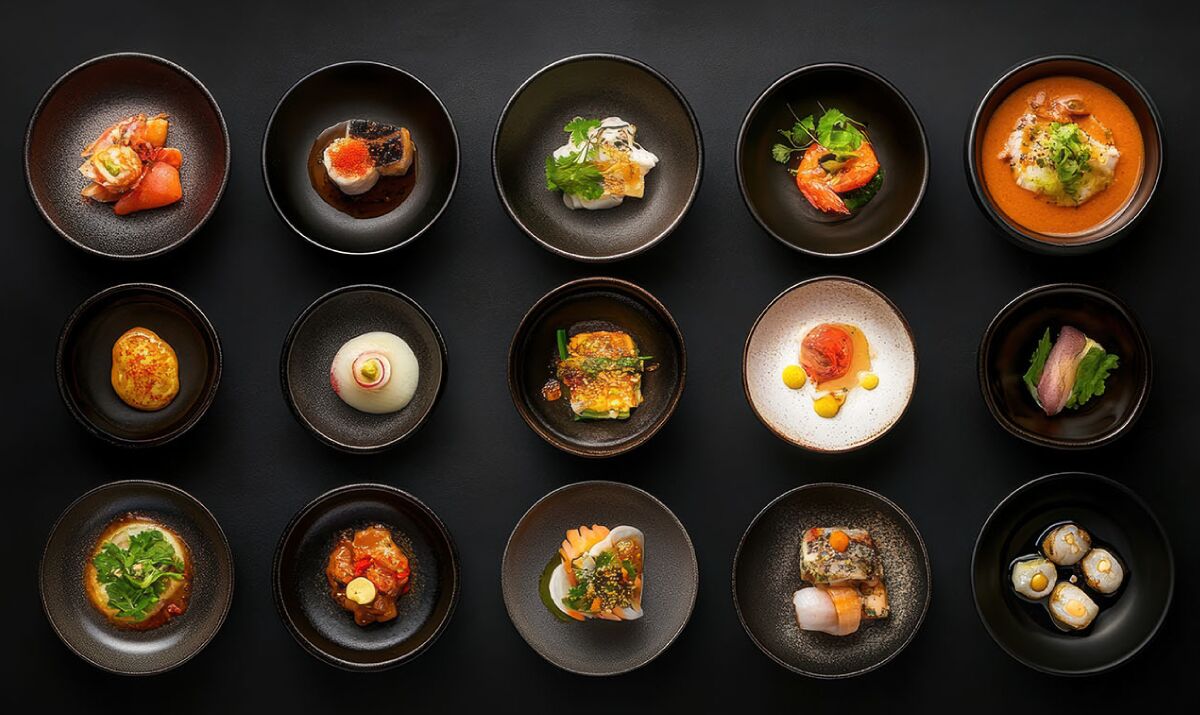When Small Bites Take the Main Stage
Remember when snacks were just the warm-up act before the real meal? Not anymore. Today, snacks are headlining breakfast, lunch, and even dinner. This global phenomenon—known as snackification—isn’t just about munching on chips between meals. It’s a fundamental shift in how consumers structure their days, balance health and indulgence, and explore flavors.
For flavor professionals, this trend represents both an R&D playground and a strategic imperative. Let’s chew on the data.
Snacking as the New Mealtime
Recent consumer research is striking: three-quarters of Americans eat snacks as a meal at least once a week. In the U.S., 17% of adults reported replacing meals with snacks daily in 2024, up from 14% the previous year. Similar patterns are emerging in Europe, where meal replacement with snacks is gaining traction.
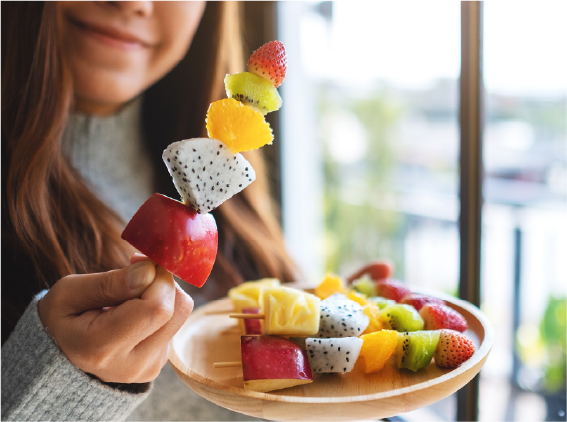
It’s not just Western markets. In India, snackification has crept into breakfast, with snackable yogurts, mini cereals, and biscuit sachets being consumed multiple times per day. In Germany, 70% of consumers admit to snacking to boost mood.
Clearly, this isn’t mindless munching. Consumers are deliberately swapping full meals for smaller, portable bites that deliver taste, satiety, and function.
Why Snackification Took Off
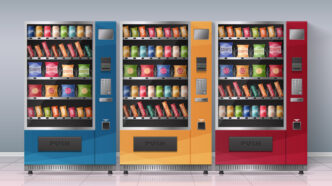
Convenience is king. Busy schedules, hybrid workdays, and on-the-go lifestyles make full sit-down meals feel like a luxury. Snacks fit neatly into car rides, work calls, and late-night study sessions.
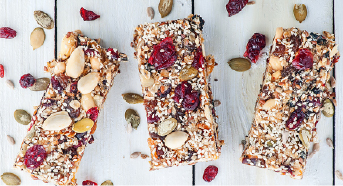
Health halos matter. Modern snacks are expected to provide benefits beyond mere calories. Protein, fiber, plant-based ingredients, and functional nutrients like adaptogens or probiotics are increasingly sought-after.

Emotions drive the bite. Approximately 70% of U.S. consumers snack to relax, and 40% of U.K. consumers snack as a treat. Emotional satisfaction is now a core component of snacking behavior, creating opportunities for flavor storytelling.
The Flavor Frontier: Where Science Meets Craving
Here’s the real challenge for flavor chemists and product developers: consumers want healthier options and indulgence. Balancing both is an art.
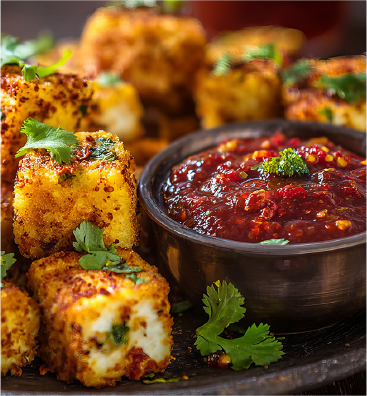
About 15% of new salty snack introductions in 2023 showcased bold, spicy profiles, ranging from harissa to chili-lime.
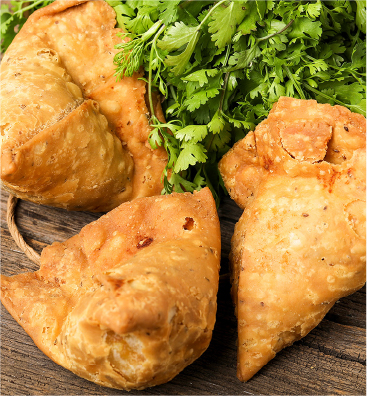
Texture tells a story.
Consumers are leaning toward multi-textured snacks, like layered crackers or puffed legumes, which elevate perceived flavor.
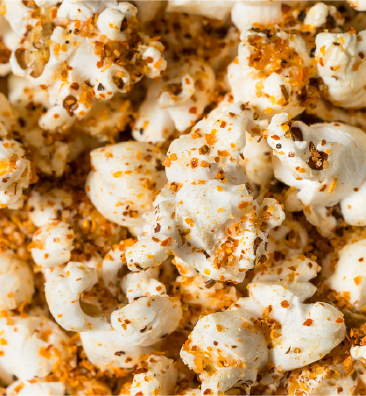
Global bites, local twists.
Globally inspired flavors—peri-peri cashews, masala popcorn, Mediterranean herb crisps—are scaling across regions while meeting the craving for novelty.
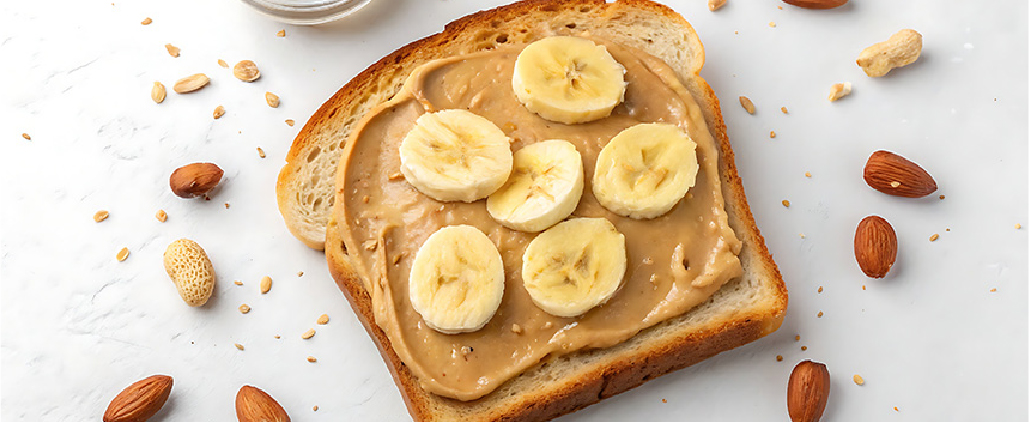
Beyond Flavor: Emotional Snacking
Snacking isn’t just functional; it’s emotional. Circana’s Eating Patterns in America 2023 report emphasizes the “snackification of mealtimes”, showing that disrupted routines drive consumers to eat snacks as meal substitutes.
This opens a storytelling opportunity for flavor innovation. Nostalgic flavors (birthday cake, peanut butter & jelly), comforting classics (cheddar, ranch), or playful mashups (wasabi-honey) deliver emotional value that extends beyond calories.
Snackification Strategy for Flavor Innovators
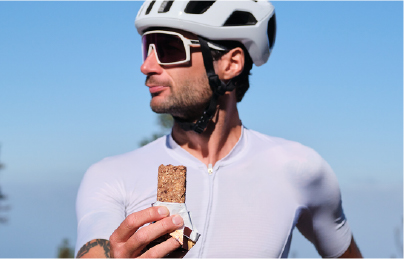
Think in Dayparts
Morning snacks need lightness and energy; afternoon snacks should curb fatigue; evening snacks are indulgent and relaxing. Tailoring flavors to these emotional dayparts enhances product relevance.

Balance Function and Fun
Functional claims (protein, fiber, adaptogens) work best when paired with craveable flavors. A turmeric-protein bite succeeds only if the flavor delights.
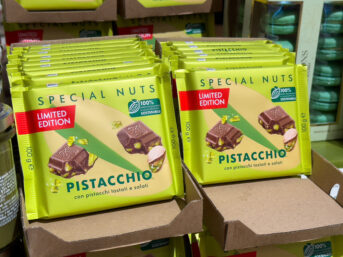
Leverage Limited Editions
Limited-edition launches create excitement, urgency, and cultural relevance—particularly in North America where novelty drives trials.
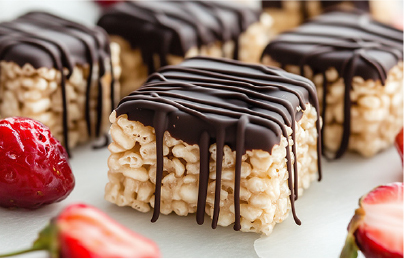
Prioritize Texture
Multi-texture experiences (crispy + chewy, layered + airy) amplify flavor impact and increase perceived indulgence.
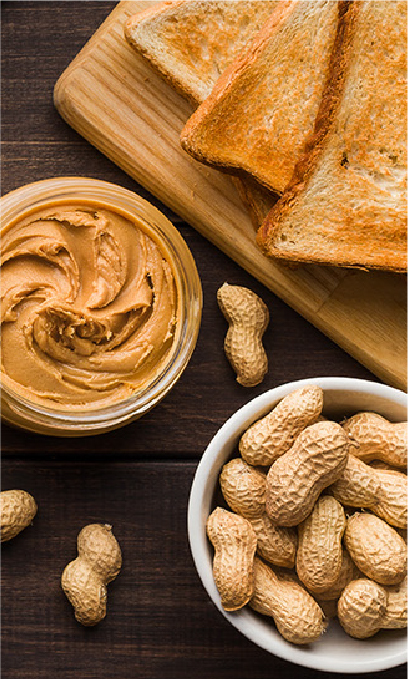
The Final Bite
Snackification isn’t nibbling at the edges of the food industry—it’s reshaping meals entirely. With billions in global sales and rising meal-replacement behaviors, snacks are no longer supporting players. They are center stage.
For flavor professionals, this is both a challenge and an opportunity. Snacks must nourish, delight, and comfort simultaneously. Flavor is the vehicle that delivers all three.
The question is no longer whether snacks can replace meals. It’s how we make them worth savoring when they do.
Insights & Trends
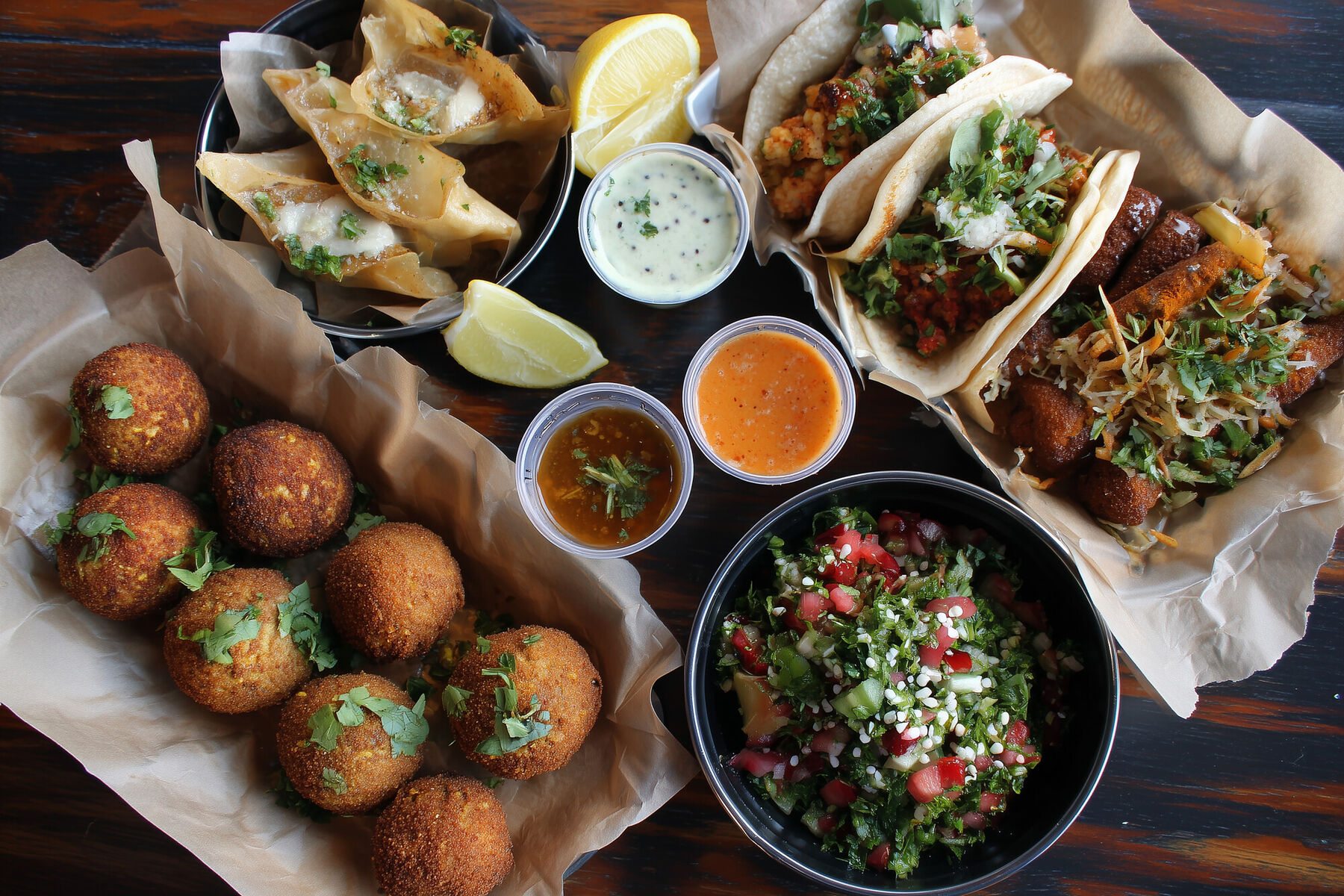
Cravings, Rewired: The Science of Shifting Taste

Swicy, but Make It Fruit

Nostalgia Flavors
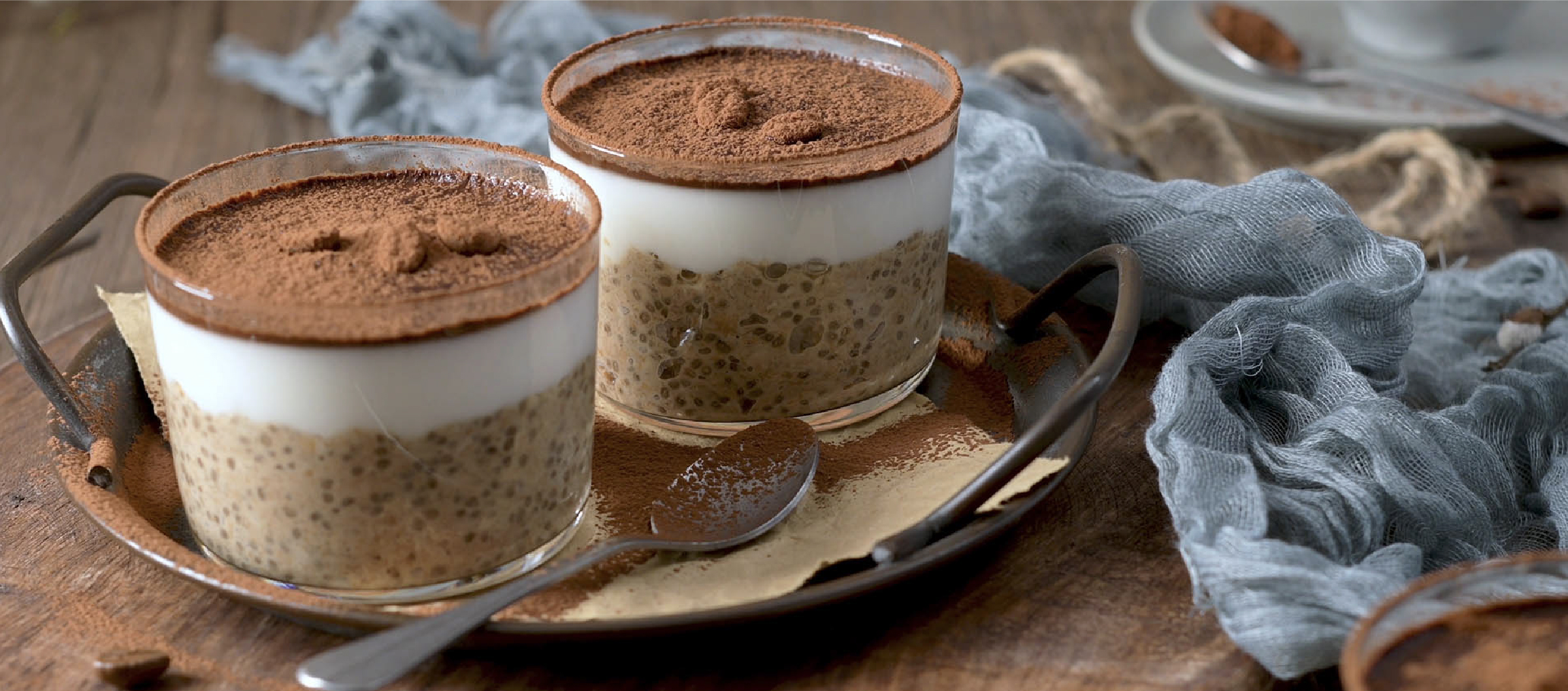
Stack Attack

The Aftertaste Ambush
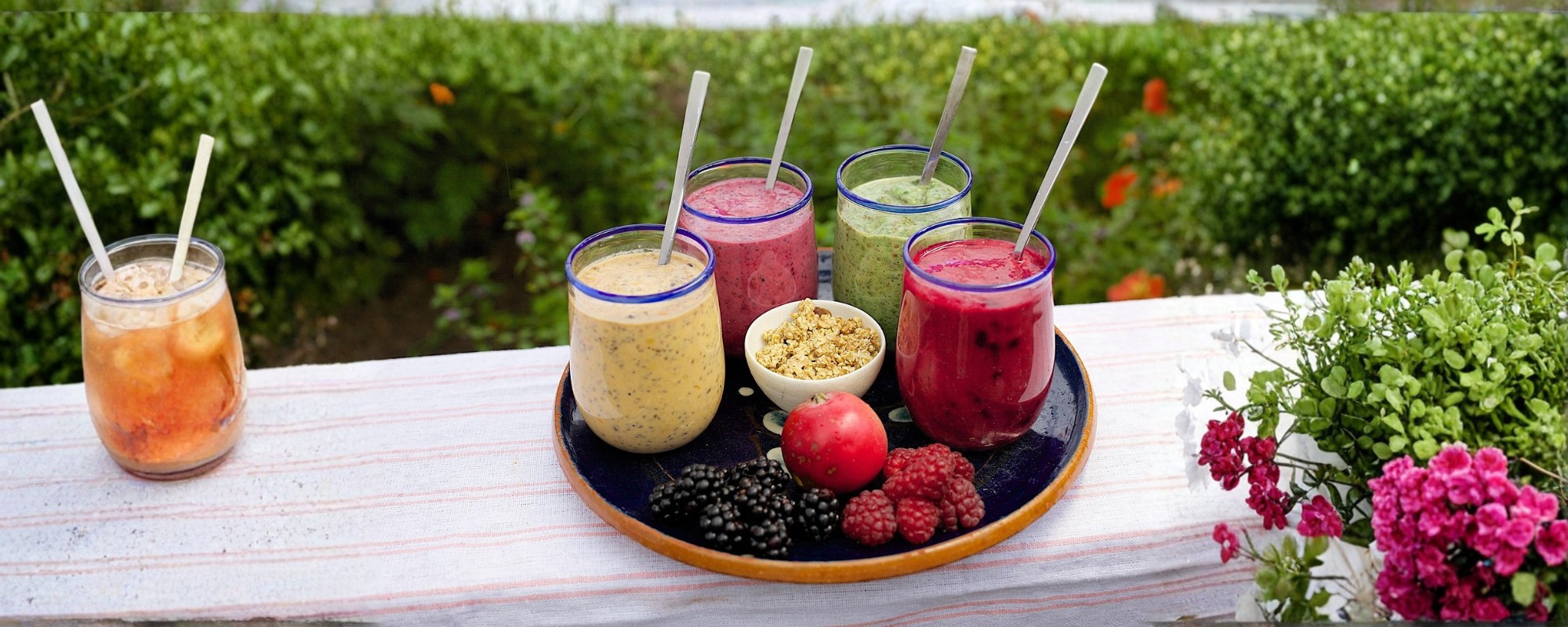
Function in Disguise

When Texture Talks Louder Than Taste
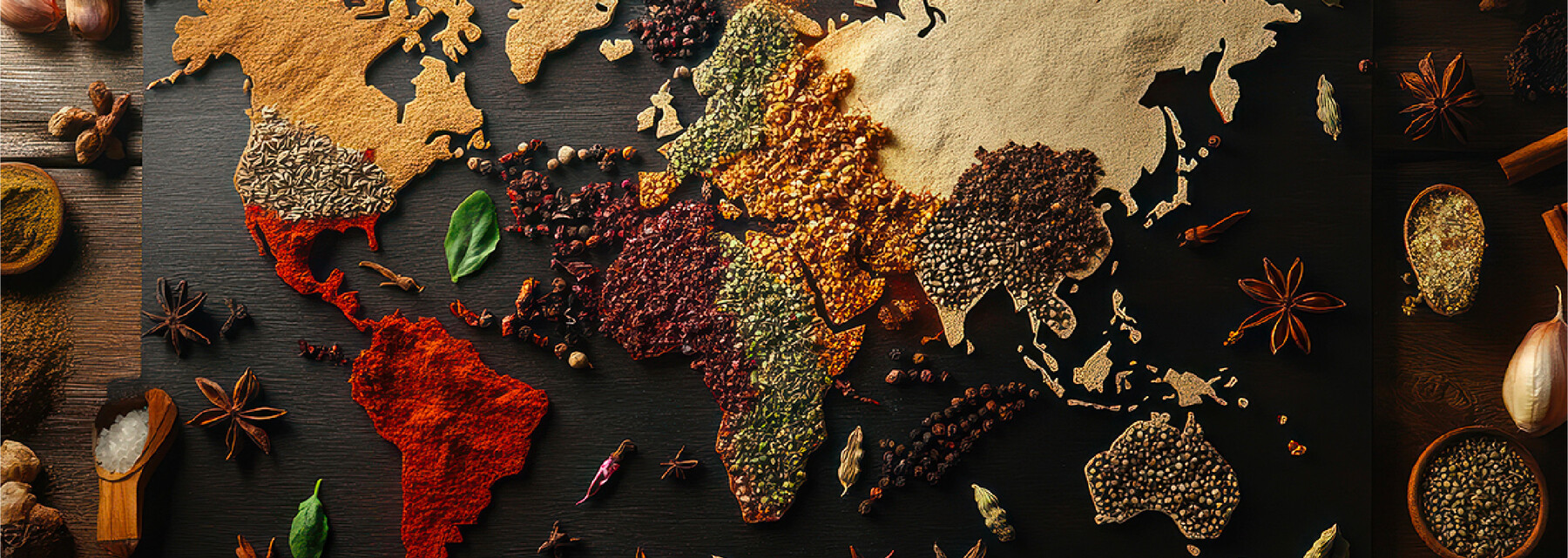
Spice. Sprinkle. Savor.
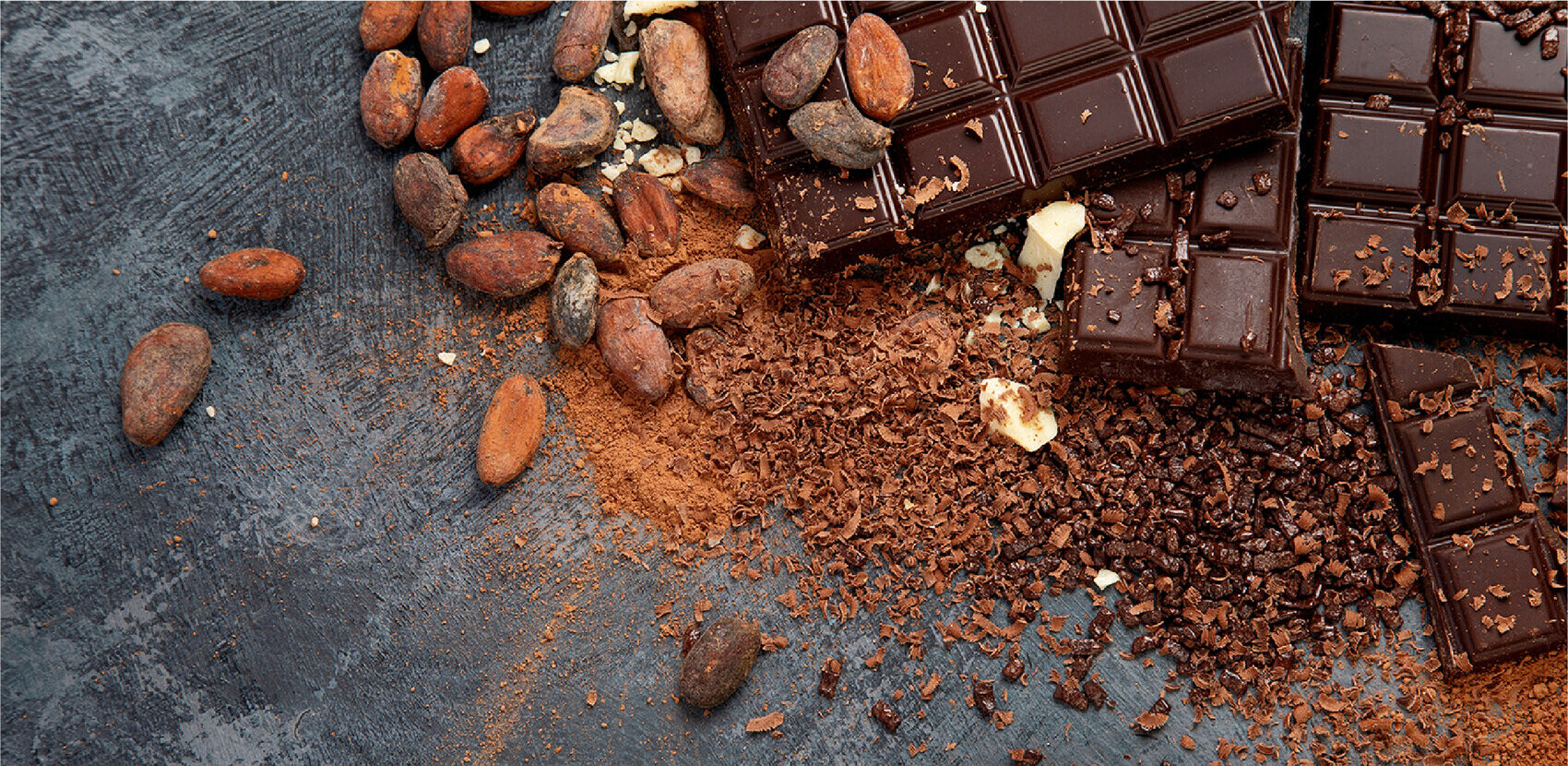
When Less Is More

From Snack to Savor

Precision Fermentation
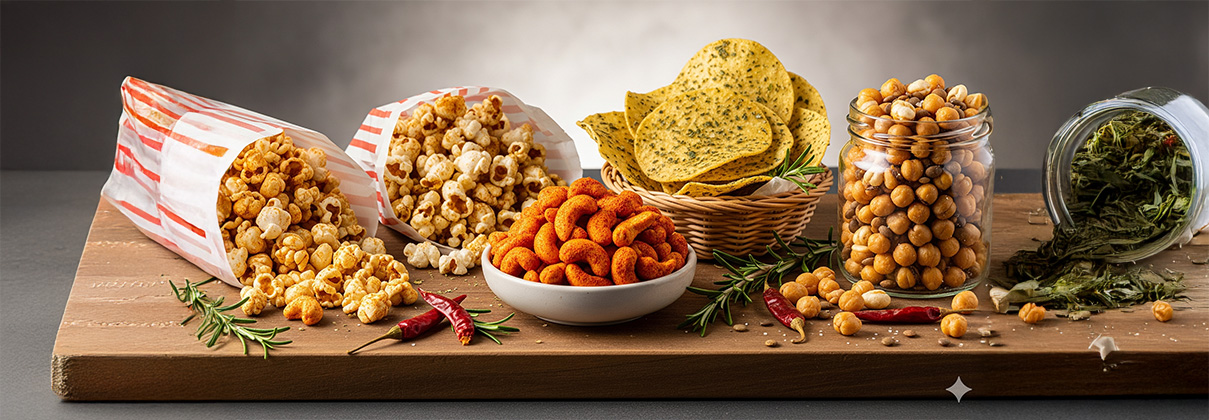
Snackification Nation
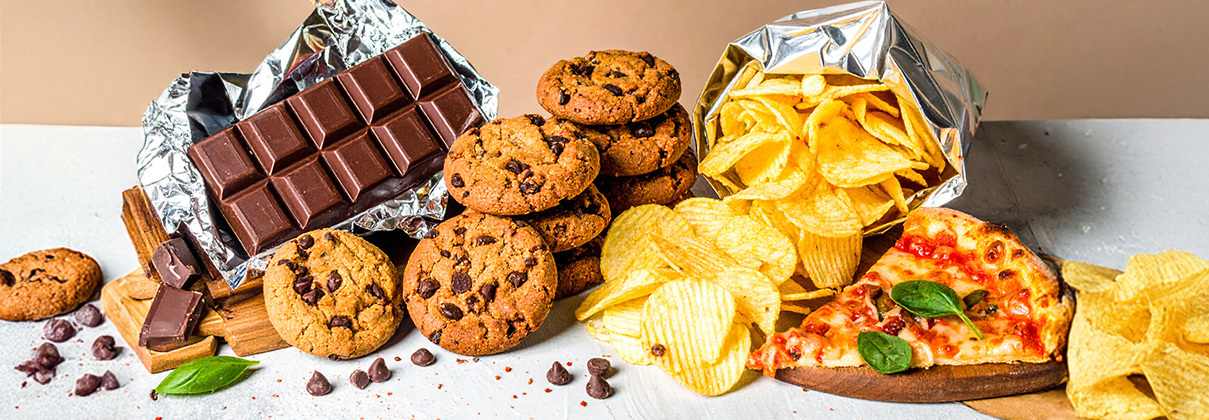
Snack to the Future

Fizz With Benefits
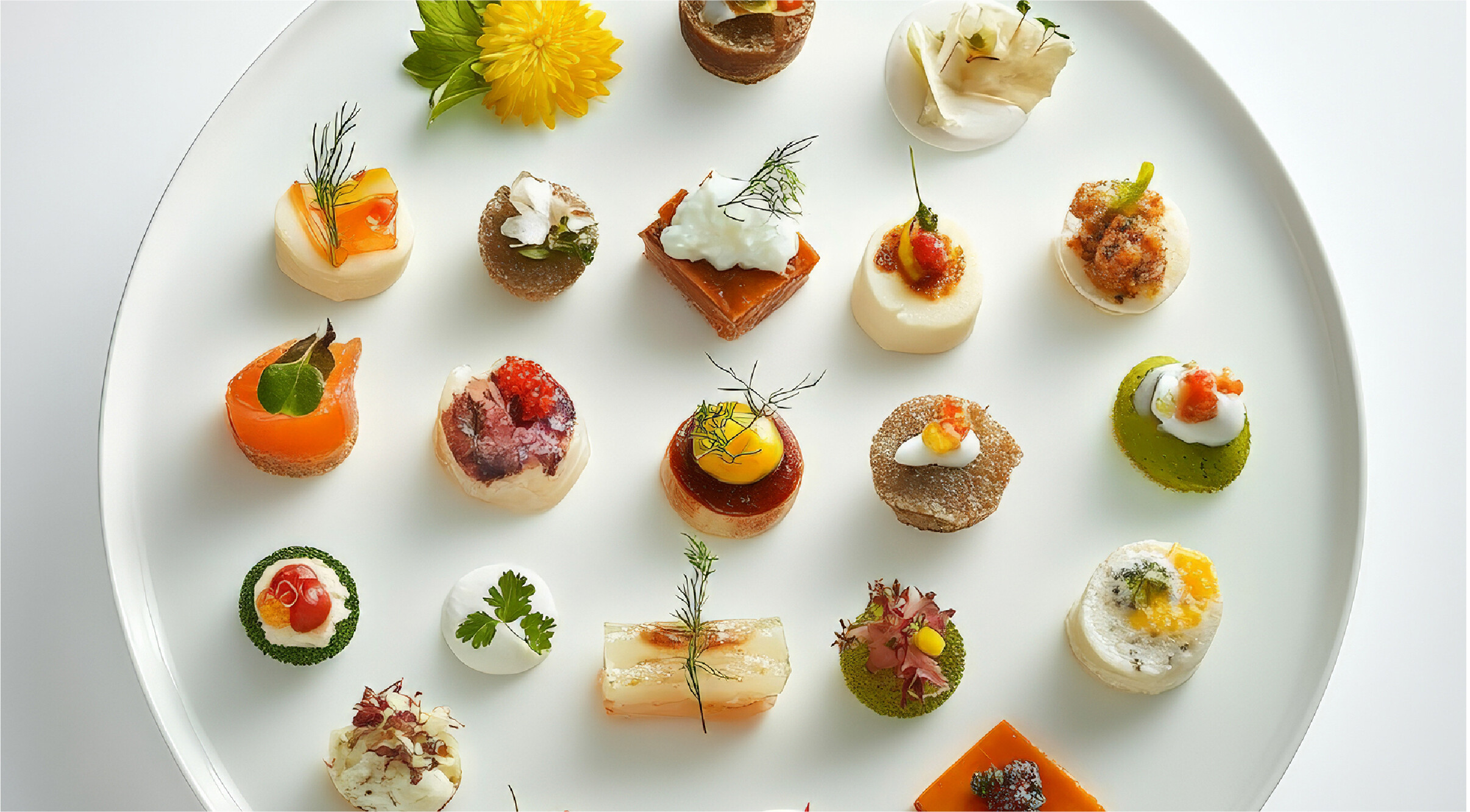
Satisfy in a Single Bite
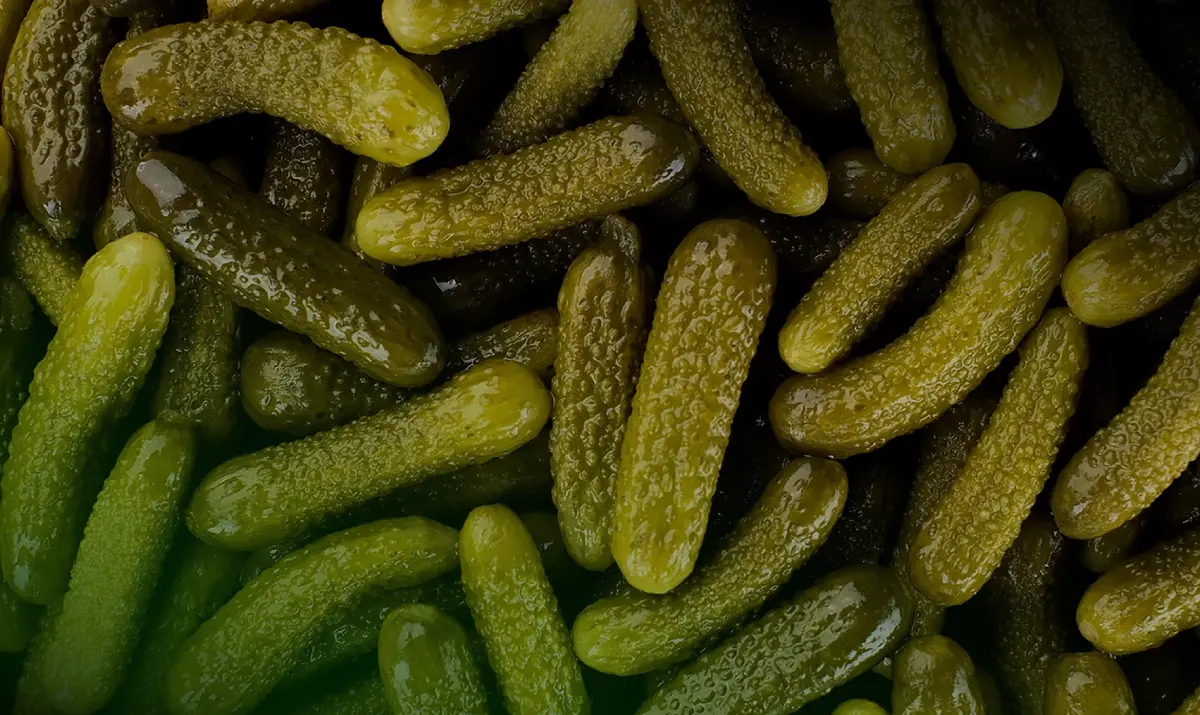
From Brine to Brain
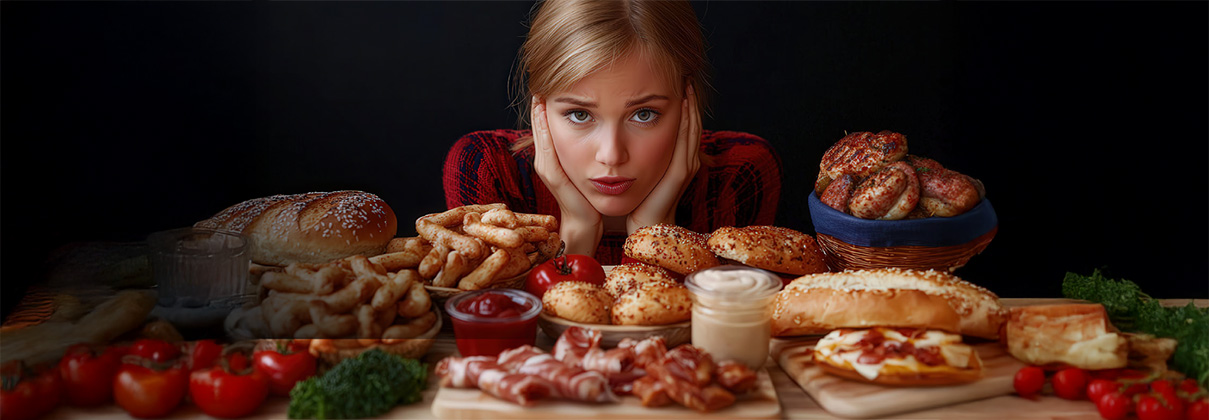
Taste Bud Turmoil
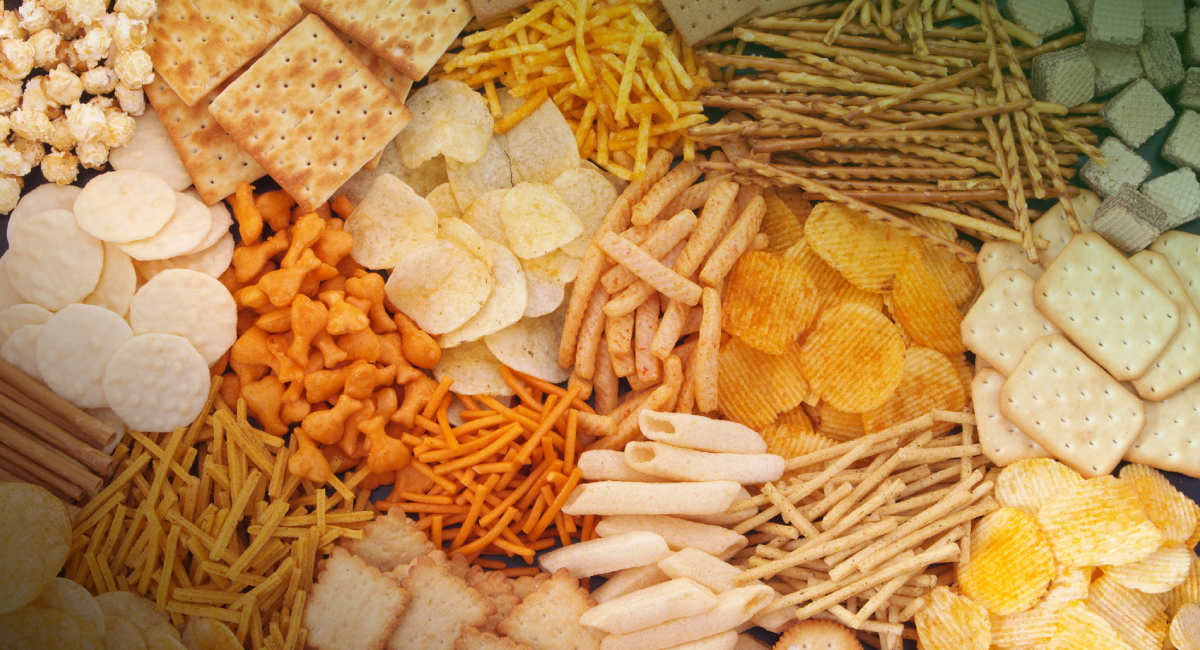
The Salty Snack Game Is Changing: What It Takes to Win with Today’s Consumers

Label Fatigue: Are We Overwhelming the Consumer with Too Much Information?
